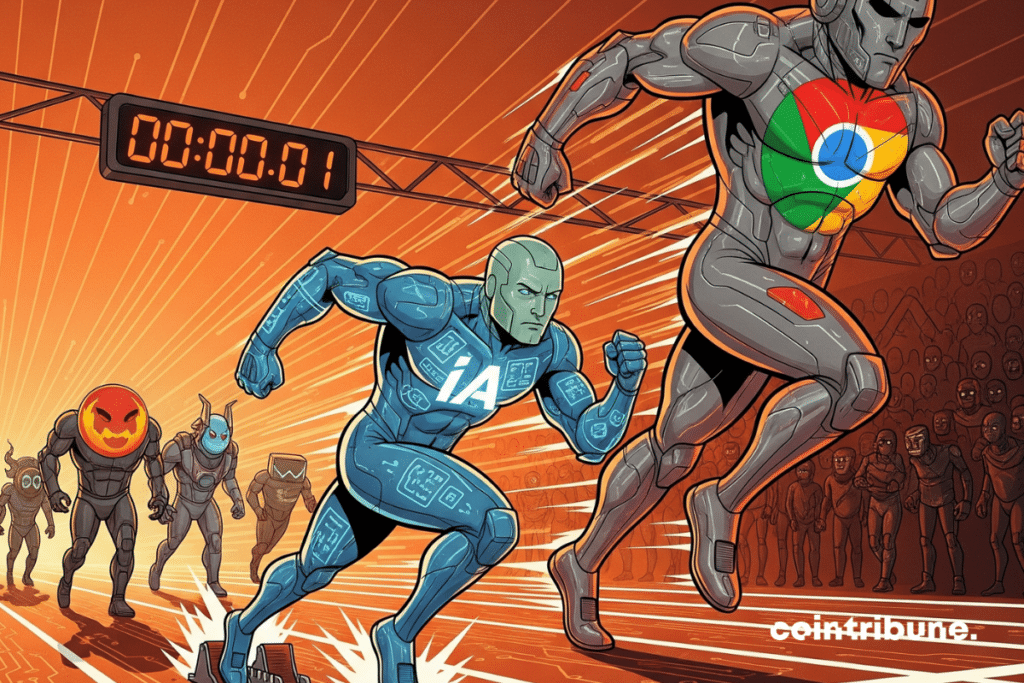AI Browsers Are Coming for Chrome’s Throne—And They’re Not Asking Permission
Google’s dominance faces its first real threat since IE collapsed. Next-gen browsers—armed with LLMs and agentic search—are rewriting the rules of engagement.
Why type queries when you can debate them? The new players auto-summarize, cross-reference, and even negotiate prices. Chrome’s 20-year-old architecture looks downright Victorian in comparison.
Wall Street’s already placing bets—$4B in VC funding last quarter alone. Never mind that most AI startups still burn cash faster than a crypto hedge fund.

In brief
- AI browsers like Neon and Dia are reinventing browsing thanks to contextualized intelligent agents.
- Despite their innovation, these browsers still struggle to erode Chrome’s overwhelming dominance.
Neon and Dia: the spearheads of AI-powered browsing
A few years ago, Opera took the step by integrating the Elrond blockchain. Today, it chooses to strike even harder with Neon. This is anthat can literally code a website while you are watching Netflix. This browser is based on three pillars:
- Chat;
- Do;
- Make.
The latter allows you to generate web applications through language models executed in cloud computing, even after closing the browser. Never seen before!
On its side, Dia, successor to Arc, relies on. This new AI browser is created by The Browser Company. It allows each tab to become an intelligent conversational agent. It will thus be capable of understanding and processing data in real time.
Dia even allows you to chat with sources as if you were having a meeting with your documents. Thisrelies on fine orchestration between the AI agents of the tabs. Enough to reduce memory overload while maintaining a rich semantic context!
AI in browsers: trend or structural upheaval?
Other projects like Perplexity’s Comet or Deta’s Surf complement this offensive.
- Surf structures your tabs thanks to machine learning and recognition of your habits.
- Comet, for its part, aims to go beyond simple semantic search by reasoning on behalf of the user.
But despite these innovations, Chrome retains 66% of the market share. These new AI players don’t even reach 1%. Should we see this as a flash in the pan or the beginning of a digital earthquake? For Elon Musk, who predicts, this dynamic could mark a step toward a radically automated web.
Certainly, AI has not yet conquered browsers. That said, it is already redefining usage. If these emerging technologies gain in reliability and adoption, Chrome could finally be forced to evolve. To be continued!
Maximize your Cointribune experience with our "Read to Earn" program! For every article you read, earn points and access exclusive rewards. Sign up now and start earning benefits.

